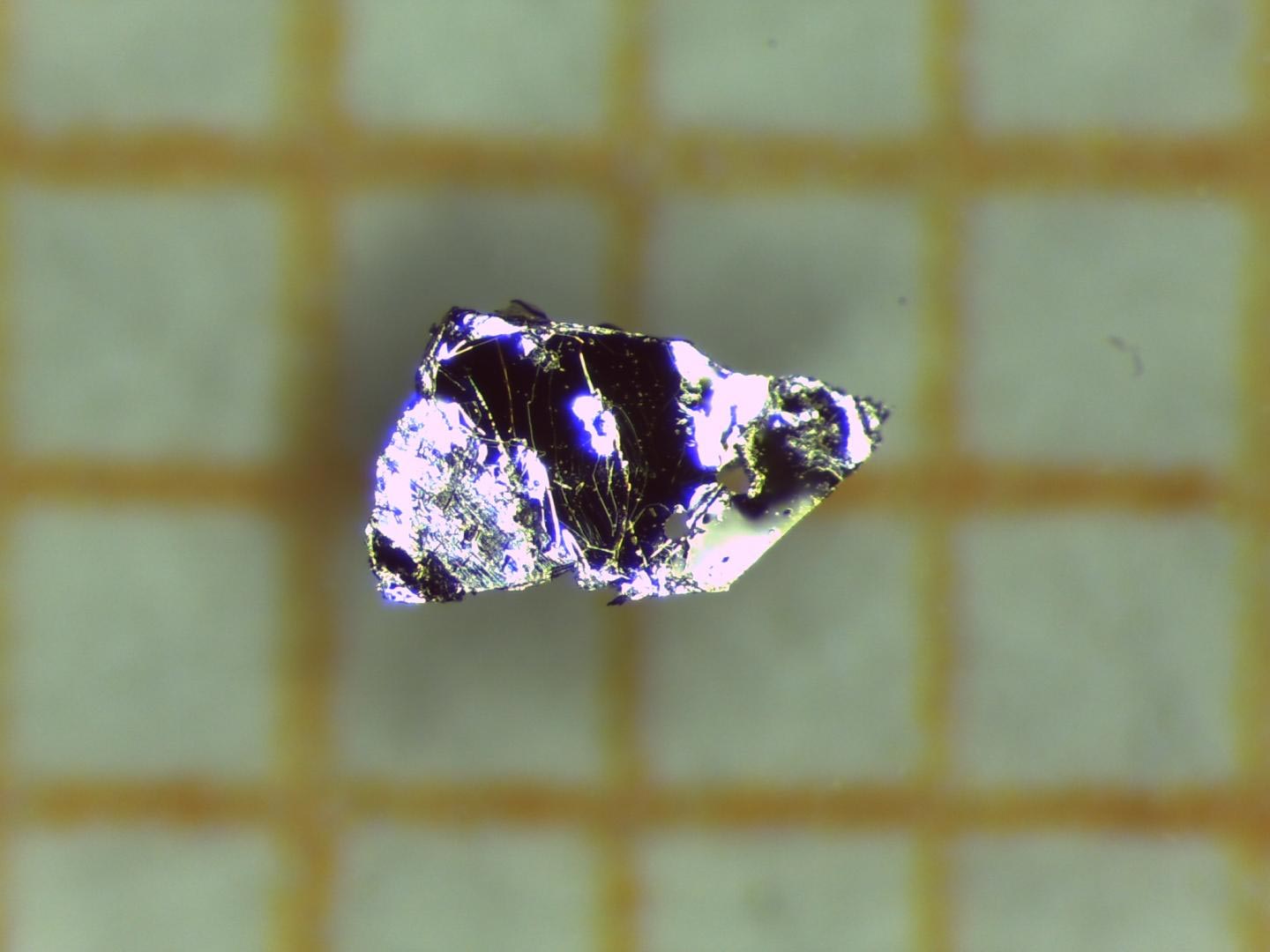
Researchers at TU Dresden in collaboration of more than 40 scientists from over 20 research institutions have discovered a new, promising quantum material. They developed the first crystal growing technique for the first intrinsically magnetic topological material: manganese-bismuth telluride (MnBi2Te4) and characterized the physical properties of the crystals.
The research cooperation was able to prove both in theory, led by the Donostia International Physics Center in Spain, and in spectroscopic experiments, headed by the University of Würzburg, that MnBi2Te4 is the first antiferromagnetic topological insulator (AFMTI) below its Néel temperature.
The significance of this discovery for the scientific community is huge: An MTI crystal has an edge state on its surface that may realize a quantized Hall conductivity even without an external magnetic field. In addition, the fabrication of an AFMTI makes an important contribution to the booming field of antiferromagnetic spintronics. The new research area of magnetic van der Waals materials could also benefit from novel two-dimensional ferromagnets.
